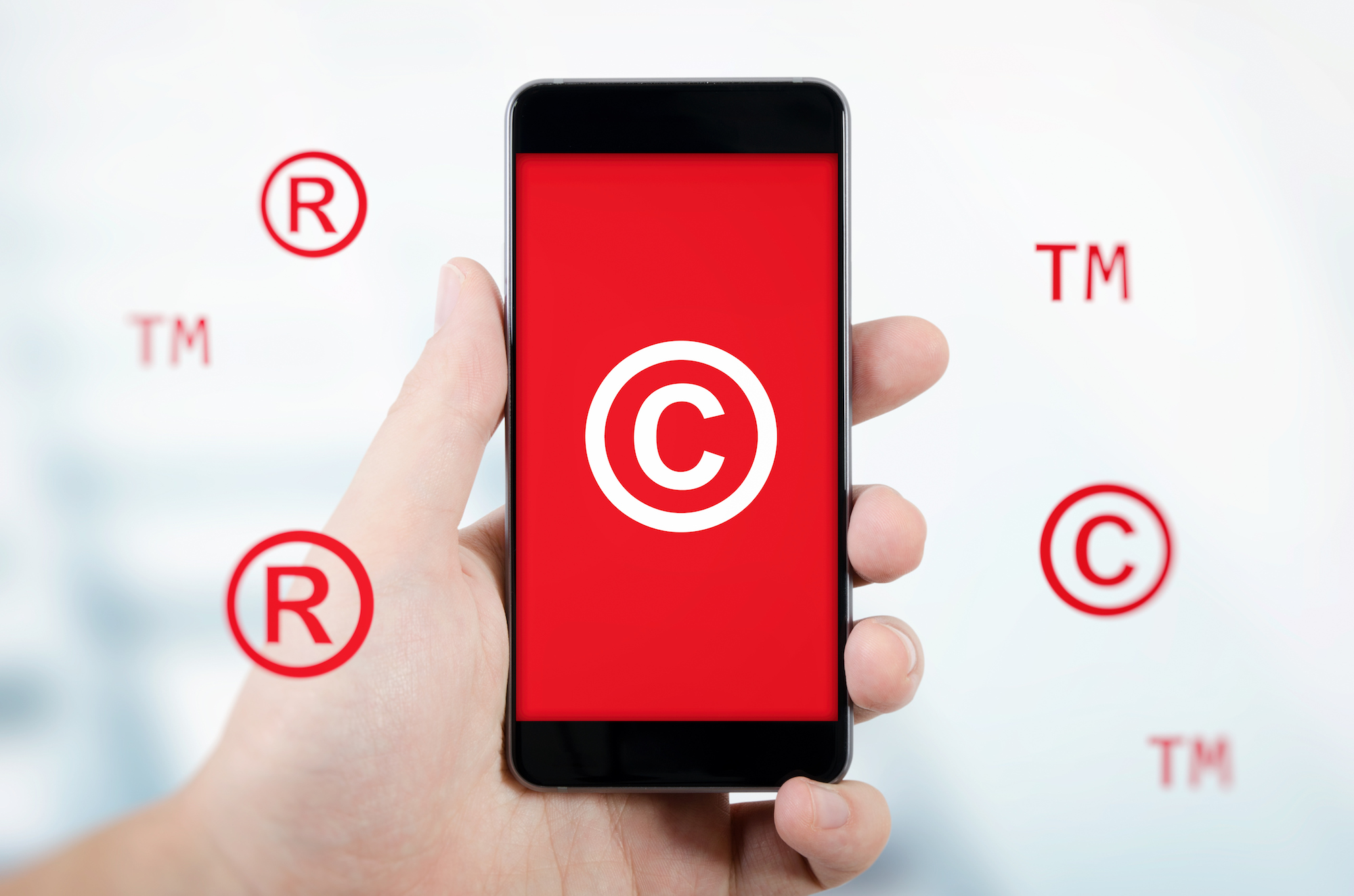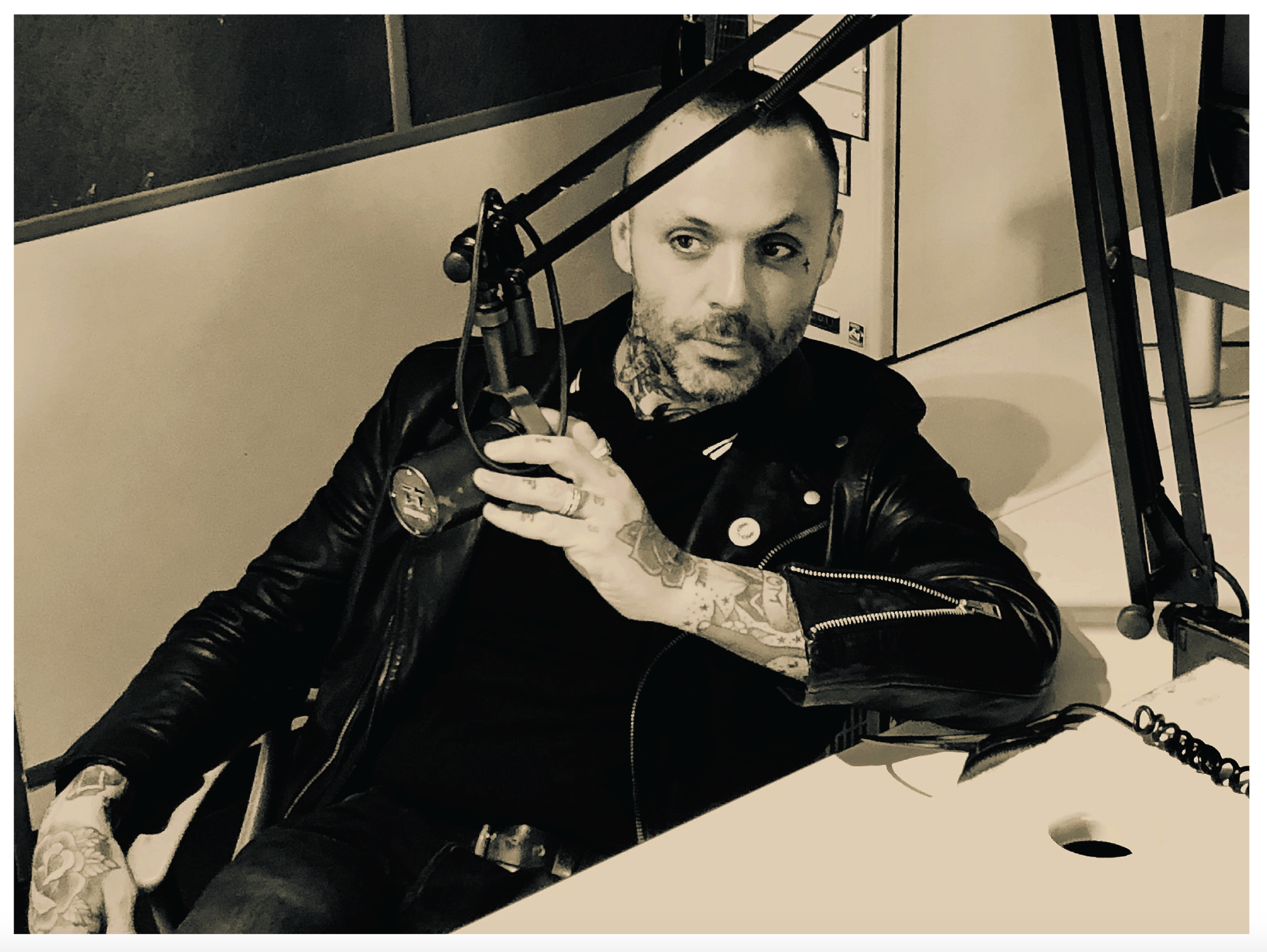Do I need to license a cover song if I give it away?
I got asked this the other day and I didn’t know the answer.
I happened to be chatting with my friend Barry Heyman who was kind enough to answer the question for me. Barry is an entertainment attorney with a focus in the areas of entertainment, intellectual property (copyrights and trademarks), and new media law.

Barry has worked in the Copyright Administration department at PolyGram and Universal Records and was in-house counsel for Eagle Rock Entertainment (producer, publisher, and distributor of music programming for television and DVD, comprising live concerts and documentaries). He has also consulted clients such as MTV and Razorfish. Barry currently runs his own practice out of New York and was an adjunct professor at NYU where he taught a graduate course entitled Law and the Music Industry.
MC:
Barry- thanks for taking the time to answer this. Tell me what the legal ramifications are for recording a cover song and then giving it away free for promotion to promote the artist who covered the song? Do artists need to license the song to do this legally?
BH:
Recording a cover song can be a great marketing tool—providing artistic interpretation on a song that your audience may already be familiar with. A cover can also bring notoriety to your art from people who were previously unfamiliar with your work. However there are legal implications to covering a song even if you are giving it away for free.
Let’s begin with the basics. A song has two copyrights: the sound recording (often called the master) and underlying musical composition. Recording a cover song implicates the latter of these copyrights—the underlying musical composition. The composer and/or songwriter is the copyright owner of song. The Copyright Act lays out certain exclusive rights that the copyright owner has with respect to their copyrighted material, such as the exclusive rights to manufacture and distribute the musical composition. In order for an artist to not violate the copyright law, the artist covering the musical composition with the intent of manufacturing and distributing it would need to obtain the proper license from the owner, usually the songwriter or the songwriter’s publisher (either directly or through an agent).
Even if an artist is giving away the song for promotional purposes, the song still needs to be licensed. The type of license required to record a cover version is called a mechanical license which allows an artist to use a copyrighted musical compositions on different formats, such as CD and as a digital download.
Typically, cover songs are licensed with the songwriter(s)’ publisher(s). Publisher contact information can be found at the following performance rights organization websites ASCAP, BMI, and SESAC or with The Harry Fox Agency, a licensing agent used by many music publishers. There are now many services that allow you to license songs or you can directly do so with the songwriter(s), the publisher(s) or The Harry Fox Agency.
There is a license fee (royalty) associated with licensing and using the composition. This is called a statutory mechanical royalty rate. This Federal rate is currently set at $.091 for songs 5 minutes or less in timing, and payable per song for each unit distributed. For recordings given away as promotional products, it is not uncommon to try and negotiate a reduced rate (e.g., 75% of the Statutory rate), or even gratis (free), however the copyright owner is not required to grant it.
Now, if the artist/band wants to create a promotional music video based on the cover song, this requires license(s) as well, except that the license required is called a synchronization license. The statutory rate does not apply, as the license fee would need to be negotiated with the copyright owner in all instances. A couple of factors affecting video synchronization rates include the nature of the use, for example, promotional versus commercial use, and the length of use.
For more information regarding synchronization licensing, you can read an article Barry wrote here http://www.heylaw.com/resources/articles/using-music-in-a-television-show-film-or-video/ and be sure to check out his website at http://heylaw.com









